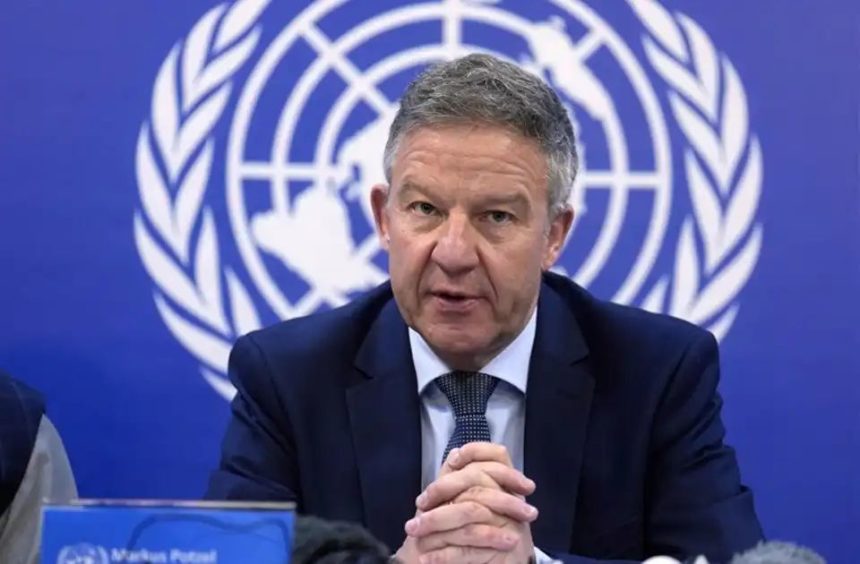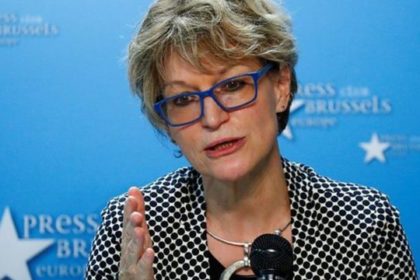RASC: Markus Potzel, UNOMA’s vice president in Kabul, says that the continuation of repressive policies against women in Afghanistan will make the conditions for the organization’s activities worse.
Mr. Potzel says that putting restrictions on women’s work in governmental and non-governmental organizations has worried them because women are no longer allowed to work in the United Nations and their activities are more dependent on women’s activities.
In his interview with the United Nations TV, he said that it is very difficult to work without women, “he continued that without the presence of women, governmental and non-governmental organizations cannot function properly, and thus fewer people get access to aid.”
He also said that Afghanistan is still one of the largest producers of opium, but he welcomes the reduction of poppy cultivation in this country.
He stated that the international community should support Afghanistan more in terms of improving people’s livelihood. Because this issue is in the interest of Afghanistani people, countries that help in the West and countries in the region.
Potzel also added that “we are trying to build communication bridges between Afghanistan and the world because isolation and keeping this country on the sidelines is not an option.”
According to him, there is no other option in terms of the education of girls and women, as well as their human rights, and the restrictions that hinder women’s participation in society should be canceled as soon as possible.
He stated that the Taliban group should provide good governance and rule of law in Afghanistan.
In response to the question, what is the biggest challenge facing the UN in Afghanistan?
He said that from the point of view of the security of the ISIS group and on the other hand, the restrictions of the Taliban have also challenged the work of the United Nations.
The danger of Afghanistan under the rule of the Taliban group becoming a safe haven for terrorist groups is one of the concerns that is always raised by the countries of the region.






